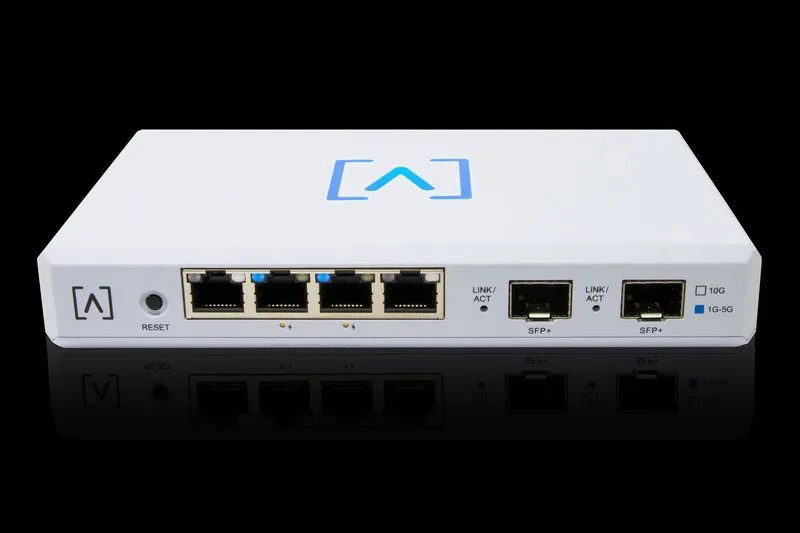A†new report†commissioned by Wi-Fi Alliance estimates the current annual global economic value of Wi-Fi†at†$1.96 trillion,†projecting that number to surpass†$3.47 trillion†by 2023. Wi-Fi brings the greatest impact to the economy in four key categories: developing alternative technologies to expand consumer choice, creating innovative business models to deliver unique services, expanding access to communications services for fixed and mobile networks, and complementing wireline and cellular technologies to enhance their effectiveness. In addition to determining Wi-Fi’s global impact, the study evaluates individual economies of six countries, highlighting the incredible†value of Wi-Fi†and underscoring the need for adequate unlicensed spectrum to ensure Wi-Fi continues to deliver benefits to consumers, business, and economies.
Key findings of the report include:
- United States:†Wi-Fi contributes $499 billion in economic value today, $993 billion by 2023
- United Kingdom:†Wi-Fi contributes $54 billion in economic value today, $71 billion by 2023
- France:†Wi-Fi contributes $44 billion in economic value today, $64 billion by 2023
- Germany:†Wi-Fi contributes $94 billion in economic value today, $132 billion by 2023
- Japan:†Wi-Fi contributes $171 billion in economic value today, $248 billion by 2023
- South Korea:†Wi-Fi contributes $68 billion in economic value today, $138 billion by 2023
“Wi-Fi has a powerful and often underestimated economic impact all over the world,” said Edgar Figueroa, president and CEO, Wi-Fi Alliance. “This study brings attention to the tremendous economic benefit from Wi-Fi, and underscores the importance of favorable spectrum policy to ensure Wi-Fi continues delivering even greater economic and societal benefits for many years to come.”
Consumers and business depend on Wi-Fi for connectivity, productivity, and critical operations each day, but the true economic value of Wi-Fi has been difficult to define due to diverse unlicensed spectrum environments. The study defines economic value by looking at the tangible, economic gains that Wi-Fi provides consumers and producers, and net contribution to Gross Domestic Product (GDP). The study also estimates Wi-Fi’s role in job creation in each country through a valuation of its impact on different categories of employment.
“Wi-Fi technology should be recognized as one of the dominant economic engines of the digital ecosystem,” said Dr. Raul Katz, Wi-Fi Economic Study author and President of Telecom Advisory Services. “Governments should develop the right incentives to stimulate the social and economic benefits of Wi-Fi, including assigning enough spectrum to avoid congestion across the globe, promoting the development of start-ups that rely on Wi-Fi to create applications, and leveraging Wi-Fi technology to address the digital divide barrier.”














